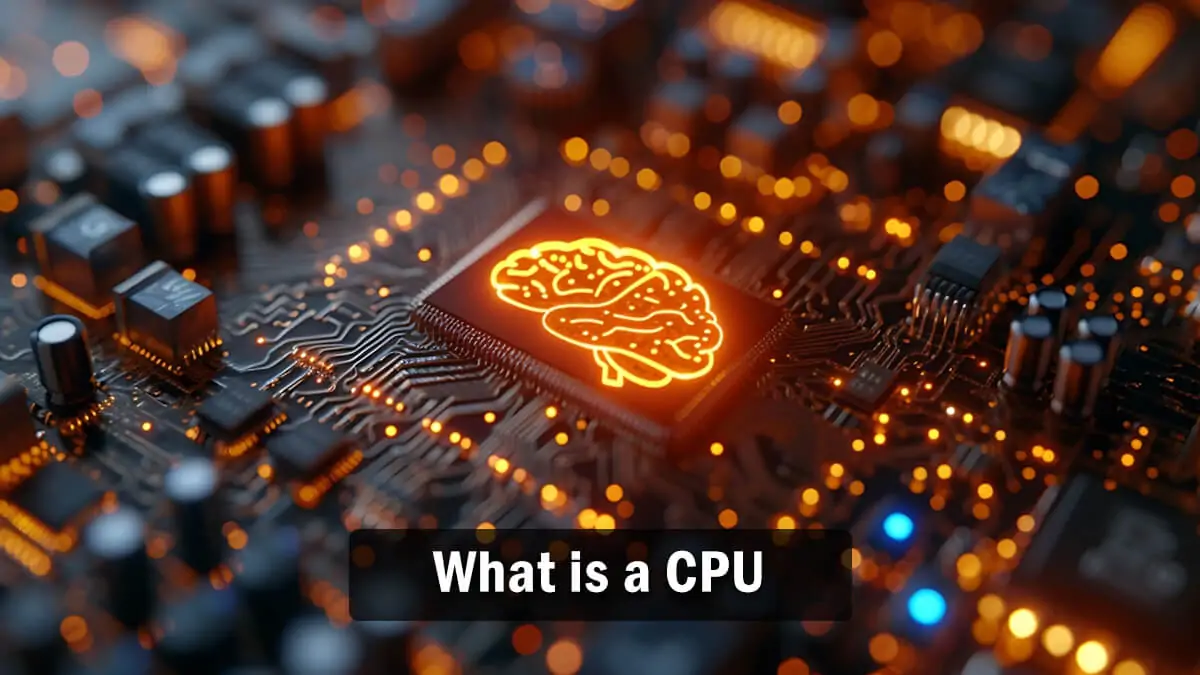A Central Processing Unit (CPU) is the primary component of a digital device responsible for executing instructions and performing calculations. It is often referred to as the “brain” of the device, as it handles all the tasks required for running applications and managing system functions. CPUs are found in a wide range of devices, including smartphones, tablets, laptops, desktops, and servers.
Key Functions of a CPU
- Instruction Execution: The CPU processes instructions from software and hardware, carrying out tasks such as calculations, data processing, and decision-making.
- Task Management: It manages the execution of multiple tasks, ensuring that system resources are allocated efficiently. This includes managing memory, storage, and input/output operations.
- Control Unit: The control unit within the CPU directs the operation of the processor, fetching instructions from memory, decoding them, and executing them sequentially.
- Arithmetic Logic Unit (ALU): The ALU performs mathematical and logical operations, such as addition, subtraction, comparison, and logical tests.
Key Components of a CPU
- Cores: Modern CPUs have multiple cores, which are individual processing units within the CPU. Multi-core processors can handle multiple tasks simultaneously, enhancing performance, especially for multitasking and parallel processing applications.
- Clock Speed: The clock speed, measured in gigahertz (GHz), indicates how many cycles a CPU can perform per second. Higher clock speeds generally mean faster processing, but the overall performance also depends on other factors, such as the number of cores and the architecture.
- Cache Memory: This is a small amount of high-speed memory located within the CPU. It stores frequently accessed data and instructions, allowing the CPU to retrieve them quickly, thus speeding up processing.
- Threads: Threads are virtual cores that allow a single CPU core to handle multiple tasks by rapidly switching between them. This increases efficiency and performance for certain types of applications.
Uses of a CPU
- General Computing: The CPU handles everyday tasks such as web browsing, document editing, and running applications. It ensures smooth and responsive operation of the device.
- Gaming and Multimedia: For gaming and multimedia tasks, the CPU works in conjunction with the GPU to process complex calculations, handle game logic, and manage system resources.
- Data Processing: In data-intensive applications, such as spreadsheets, databases, and scientific computations, the CPU performs the necessary calculations and data manipulations.
- Server and Cloud Computing: In servers and cloud computing environments, CPUs handle large-scale processing tasks, including hosting websites, managing databases, and supporting virtual machines.
The CPU is a critical component that determines the overall speed and capability of a device. A powerful CPU can handle more complex tasks and run applications more efficiently, making it essential for gaming, professional work, and advanced computing. As technology advances, CPUs continue to improve in terms of power, energy efficiency, and integrated features, enabling more sophisticated and responsive digital experiences.



